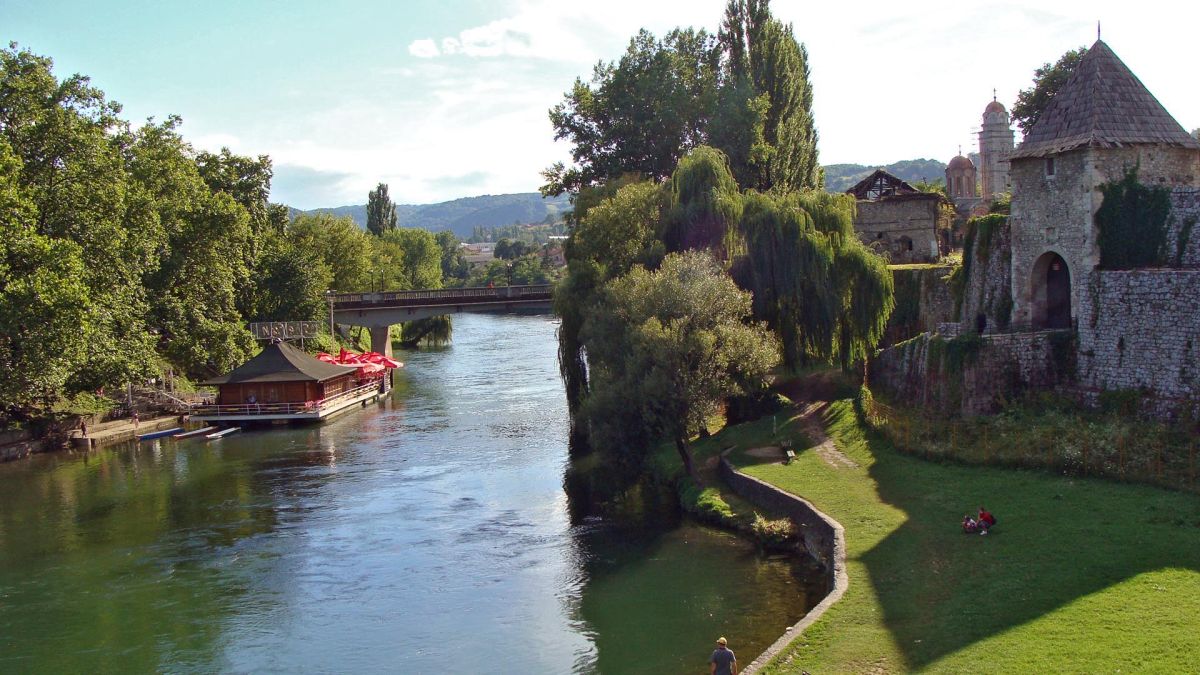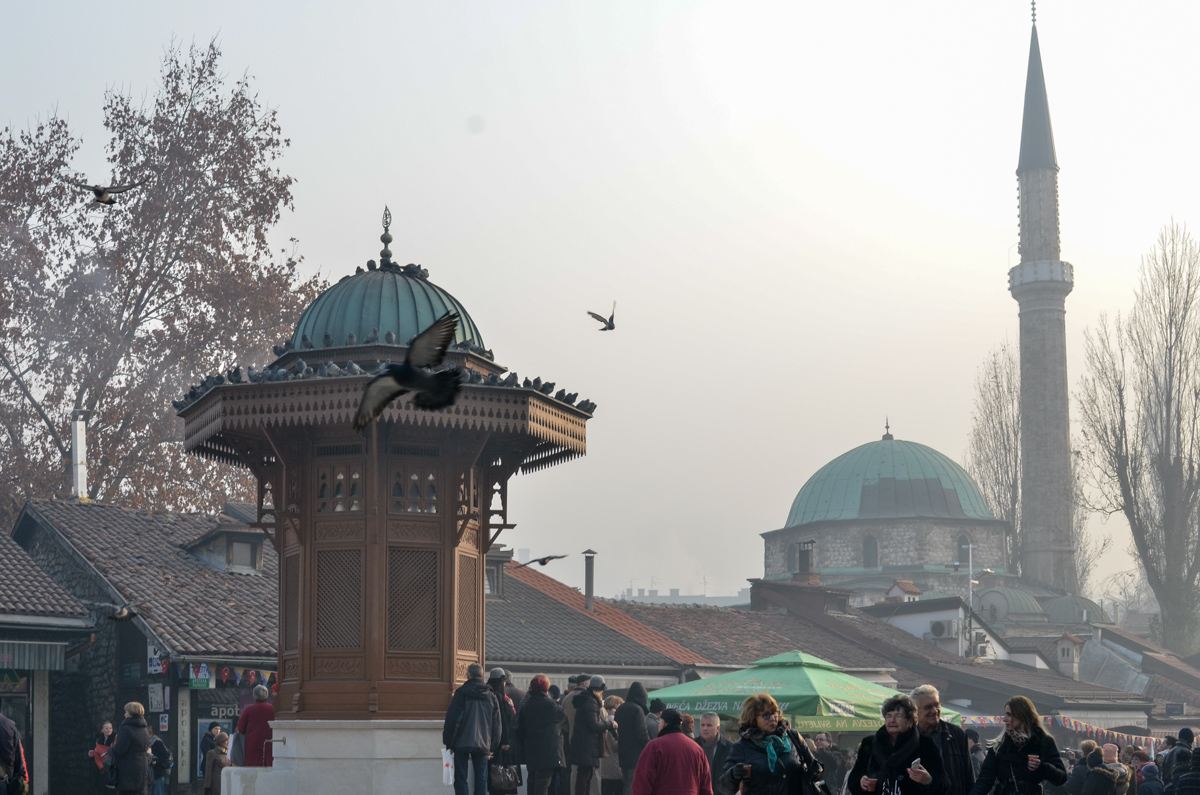
With its beautiful and untouched nature, rivers, lakes and mountains, Bosnia and Herzegovina holds tremendous potential for tourism. Until recently, this potential remained largely unfulfilled, mainly from a lack of strategic investment as the country struggled to shed its image as a post-war country.
Bosnia and Herzegovina has struggled with high unemployment for 25 years, especially among youth. The consequences of the past war, complex administrative structures, the disappearance of dozens of large companies and thousands of jobs continue to impede economic recovery. Micro, small and medium sized enterprises are seen as solutions for improving the quality of life and reversing the alarming trend of brain drain.
In recent years, tourism has been recognized as a driver of the economy, with potential to bring development especially to remote rural areas.
UNDP’s Via Dinarica project, a hiking route connecting seven countries and territories, is based on the shared idea that economic development and protection of the natural environment can and should go hand-in-hand. Appearing in National Geographic Travel, Vogue and numerous other international magazines, Via Dinarica successfully placed the focus on Bosnia and Herzegovina as an undiscovered and appealing destination for tourists. Investment in the tourism sector increased, and families in distant areas embraced the prospect of earning additional income by opening up new “destinations”.
Slavojka Puhalo household located in a remote area of Kalinovik is now a well-known site on Via Dinarica, famous for its delicious domestically produced food, authentic experience and warm and generous hospitality. Slavojka started her own Bed & Breakfast business in 2015 and it soon became the most important source of income for her family, hosting visitors from around the world.
Then came the Coronavirus pandemic. As the health crisis turned into an economic one, their combined effect is set to leave deep scars across society.
Waking up in a travel-less world
Travel came to a halt, making tourism one of the hardest hit economic sectors globally. Between January and June 2020, the number of international tourists in Bosnia and Herzegovina dropped by 71 percent, compared to same period last year. Simultaneously, the number of overnight stays by domestic tourists was halved.
Now, thousands of jobs in the tourism industry are at stake in Bosnia and Herzegovina as the entire region faces an economic crisis of unprecedented scale, with income from tourism dropping by close to 80 percent. What took a decade to develop in tourism has been almost completely shattered by five months of travel restrictions and pandemic fears. Families that invested their life savings to welcome tourists now fear they will lose everything.
Slobodan Brkić, who transformed a property on the Via Dinarica route, hopes that his business can survive. “Until the Covid-19 pandemic, tourism was a branch of the economy with constant growth,” he says. “We have to push through this year to survive. The problem will be after the summer, when not enough is earned to cover the winter expenses. We continue to work even though there is almost no income, no tourists.”
In coordination with international partners, UNDP has adapted existing programmes and launched a series of new interventions aimed at mitigating the impact the crisis has on the most vulnerable people. Tourism was targeted as one of the key areas of economic recovery, with a specific aim in mind: to now attract domestic tourists.
As a nature-based tourism initiative, Via Dinarica offers visitors the opportunity to spend their free time in a healthy environment where it is possible to maintain physical distance and at the same time visit interesting natural, cultural and historical tourism sites.
Through the project, UNDP partnered with 20 municipalities and cities, investing US$1 million in tourism services and infrastructural development with support of the United States Agency for International Development (USAID) and the Agency for Development Cooperation of the Republic of Italy (AICS).
But it has to adapt to the new reality of tourism and the circumstances imposed by the Covid-19 pandemic.


















